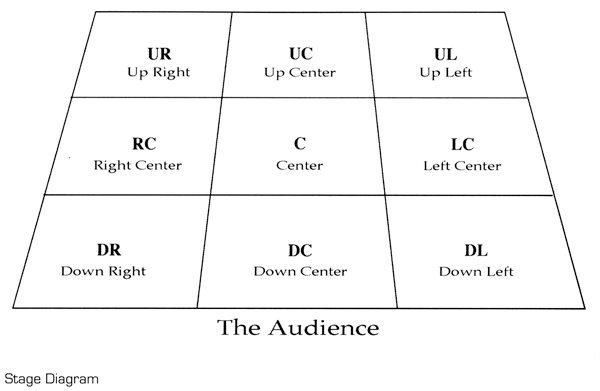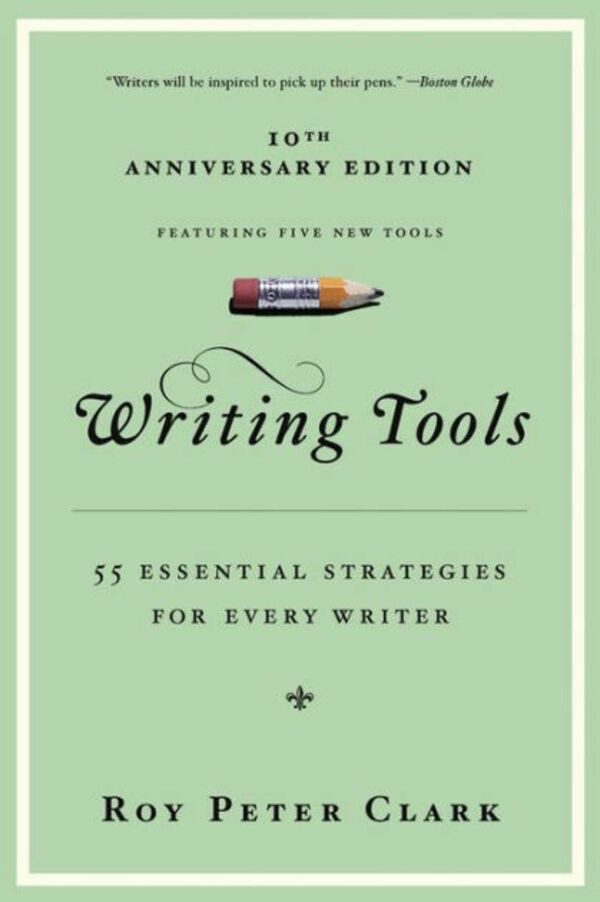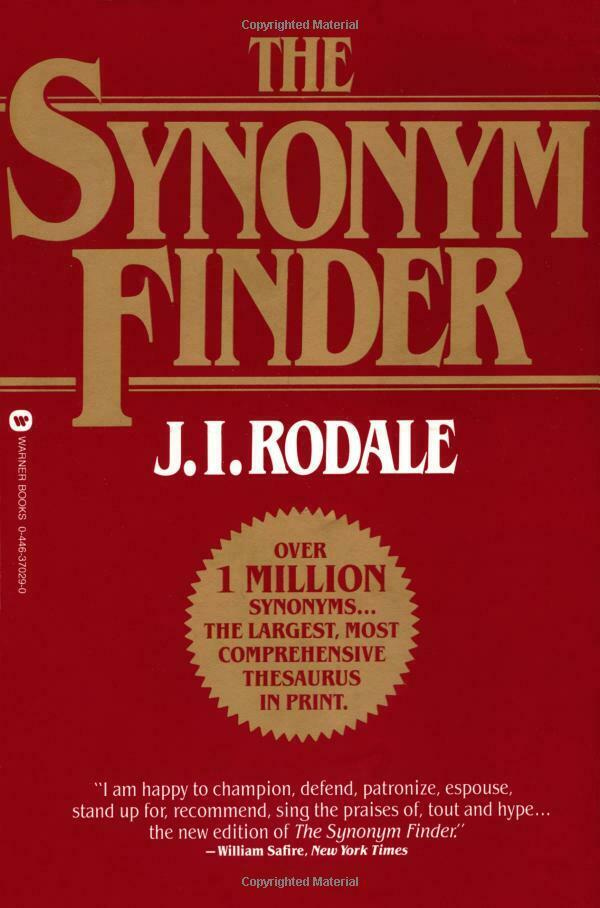The Drama Teacher’s Survival Guide

Putting on a play for newbies
Let’s put on a show! Problem is, you have never put on a show before. A veteran high school drama teacher dispenses some great advice on how to shepherd your school or community towards a rousing performance. She walks you through the whole process, check-lists in hand, assuming you’ve never done it before. How long/often to schedule rehearsals, what to audition, how to cast, how to block, when to set the lighting, how to make effective costumes on the cheap, all the way to what to do about tickets. I’ve used four or five other beginner production guides but they tend to dwell on the technical aspects. Johnson’s guide tackles the whole multi-month long adventure. This unassuming but dense guide is aimed squarely at high school drama productions, but it works great for camp directors, small-town community theater, or any other newbie hoping to put on a show.
12/30/13Excerpt
Off-book rehearsals (five to six days)
Off-book literally means that the actors go through the segments without using their scripts. The key word for these rehearsals is memorization. Your actors are giving the characters life and need to begin developing relationships with other characters. They cannot do that if their heads are in their books.
You need to check that each actor has memorized both their blocking and their lines. This means that the actors do not have any scripts in their hands. These rehearsals are hard, frustrating, and extremely important. You must stick to your guns. No books allowed on-stage during this group of rehearsals or afterwards - ever, ever, ever! No "nanny" blankets for the actors! You are inflexible here.
*
*
Principles of movement
The following principles of movement have been developed through stage experience. They are not rules - acting in the theatre defies rules. The following principles of movement need to be modified at times to fit the needs of you and your actors. Usually, characters:
- Cross toward the objective point. If grace and beauty in the scene are desired, then cross in a curved line.
- Cross on their lines.
- Break up their speeches while they cross behind others.
- When crossing with another character, the speaker walks Upstage and slightly ahead of the other, turning his or her head Downstage to speak.
- When entering with a group, the speaker enters first.
*
Food that is eaten
- If people have to eat, then either the real food or a look-alike substitute that can be swallowed easily must be on-stage.
- Mashed potatoes work well for ice cream or anything requiring that kind of consistency. Just tint them the color you need.
- Angel food cake is easy to eat, can be colored and cut into shapes, and goes down easily, not causing anyone to choke.
- Slices of bread with a half of an apricot in the middle create fake fried eggs.
- Tea is a great substitute for alcohol or coffee. [If you are going to do a show where characters use alcohol be sure it has been cleared with your administration. Many districts have strict rules about seeing students drinking on-stage.)
Drinks:
The Drama Teacher's Survival Guide Margaret F. Johnson 2007, 256 pages $20










